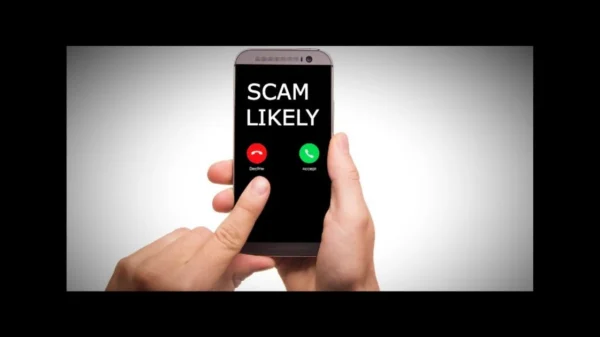With the federal government having begun distributing stimulus funds to Americans, Florida Attorney General Ashley Moody issued a Consumer Alert on Monday to “warn Floridians that scammers will try to take advantage of the unprecedented injection of cash into the U.S. economy.”
Moody’s office warned Floridians to keep an eye out on potential fraud connected to the stimulus payments.
“Millions of Americans with banking information on file with the Internal Revenue Service are beginning to receive direct deposits, and Floridians should take steps now to avoid falling prey to scams designed to steal payments, banking account numbers or other sensitive personal information,” Moody’s office noted.
“Two trillion dollars are being pumped into the U.S. economy as millions of Americans are losing jobs. Commerce has drastically slowed in an attempt to stop the spread of COVID-19. Anytime a government offers financial relief to individuals or businesses, scammers will devise schemes to steal as much of it as possible,” Moody said on Monday.
“That is why I am asking Floridians to keep their guard up as the federal government begins to disseminate these individual payments,” she added. “Stay up to date about how and when you might receive your stimulus payment and be suspicious of anyone requesting personal or financial information in exchange for an expedited deposit.”
“Floridians who already provided banking information to the IRS by virtue of filing their taxes have now begun to receive direct deposits and do not need to take action. The IRS will follow up by mailing confirmation notices to beneficiaries within a few weeks after payments are made. Anyone who receives a notice, but does not receive a payment, should contact the IRS immediately,” Moody’s office noted. “The IRS will not initiate contact with anyone by email, phone call, text messages or social media to request personal or financial information. The IRS emphasizes on its website that there is no sign-up requirement to receive a payment.”
Moody advised Floridians:
- Never respond to text messages, emails or ads directing you to click on a link;
- Never provide any personal or financial information in response to an unsolicited message;
- Never trust Caller ID displays claiming a call is from the IRS—as spoofing technology allows scammers to change phone displays to impersonate government agencies; and
- Never make any advance payment in order to secure or expedite access to a benefit.
Reach Kevin Derby at kevin.derby@floridadaily.com.


















